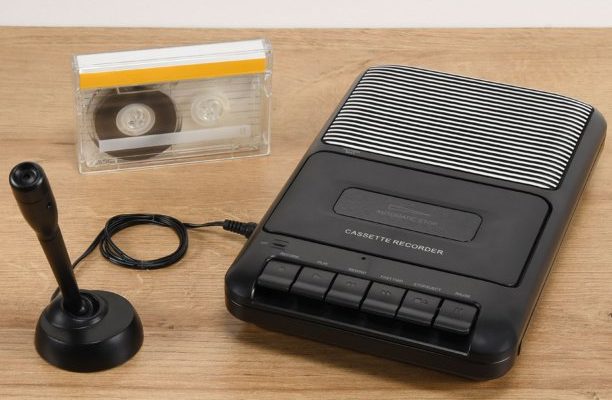The insurance company asks for a recorded statement in almost every car accident case. The insurance adjuster will say the insurance company needs or requires a recorded statement to investigate the collision. Beware! This is a trap! You should never voluntarily agree to give such a statement following a car wreck.
In this blog, we consider when and under what circumstances (if any) to give a recorded statement to an insurance adjuster. One approach (paraphrased from Winston Churchill) is “Never, ever ever ever ever [voluntarily give a recorded statement to an insurance company].”
If your claim for a car accident is against another party’s insurance company (also known as a third-party claim), our policy is never to give a recorded statement. If the claim is against your own insurance company (for example, in an uninsured motorist claim), we are contractually obligated to give a statement to the insurance company describing the collision.
In our experience, the actual (and only) purpose of a recorded statement is for the insurance companies to find reasons to deny the claim or pay less for your injuries. Just like criminal lawyers tell their clients not to say anything (remain silent), the same applies in injury cases. The less said, the better.
As mentioned above, when the other party does not have insurance, and we are making an uninsured motorist claim, we must follow the terms of the insurance policy, which include giving a recorded statement. These are called examinations under oath (EUOs). We spend significant time preparing our clients for the recorded statement in these situations.
If we must give a recorded statement, we request a copy of the recorded statement. We read the following before every recorded statement: “This statement is being given for the sole purpose of providing [name of insurance company] and its adjuster, [name of adjuster], who is acting as an agent of its insured, [name of defendant], with information that may assist them in evaluating and compromising this claim. This statement is given under OCGA § 24-4-408(b). Everyone agrees that this statement is not evidence, nor is it discoverable or admissible at trial including impeachment, should this claim proceed to litigation.”
If you are ever in a situation where you are being asked to give a recorded statement in an injury case, please consider calling us to discuss your options.

